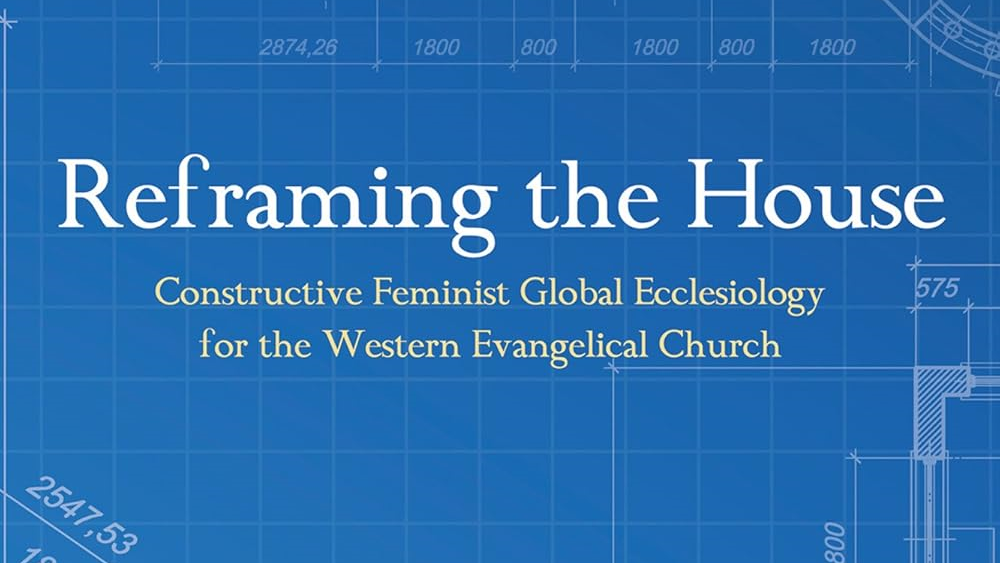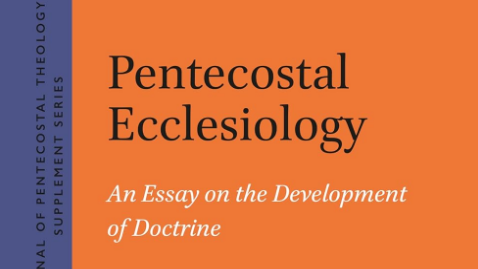Spiritual reasons for inter-religious action on climate change

Table of contents
This article seeks to prove to a Protestant/Evangelical congregation that it is time for the church to recognize the dire situation that we are in with respect to climate and environmental change. After creating a dialogue with a historical-scientific argument, we now lay a theological basis for engagement with creation care, including Native American ‘harmony’ ethics,
Missio Dei applied to climate justice.
The Cape Town Commitment marks a significant milestone. It details how the issue of climate advocacy and ecological responsibility has moved from the fringes and into the mainstream. The chapter “WE LOVE GOD’S WORLD” illustrates some of the most forward-looking statements concerning environmental governance and action.
“The earth is created, sustained and redeemed by Christ. We cannot claim to love God while abusing what belongs to Christ by right of creation, redemption and inheritance. We care for the earth and responsibly use its abundant resources, not according to the rationale of the secular world, but for the Lord’s sake”. (see Appendix A: The Cape Town Commitment: Chapter 7)
Mission organizations are more conscious of their own environmental impact as well as how the changing global environment disproportionately affects people in developing nations. Some mission agencies are changing their work in disaster relief and poverty alleviation, to mitigate and adapt to the consequences of a changing climate; others are implementing travel policies that minimize needless flights and offset the harmful emissions from those they still have to make[2].
As we listen to the Holy Spirit show us the way forward, we come across a new area of study and action called enviromental missions[3], engaging in two specific activities – caring for nature and making disciples of new peoples. Examples of creation missional work include tree replanting, environmentally friendly farming practices, waste control, renewable energy, protecting wildlife, reducing pollution, etc. While this might not be an end, it is a growing and open door for local gatherings and congregations in missional fronts to join in climate activity.
Native American harmony in action
“I believe our best attempt at understanding shalom says that God’s dream is a
world in which all creation lives in accordance with the way of shalom”, says Woodley. Sin exists wherever shalom is broken. Inequality, materialism, and avarice demean and devastate both humans and the environment, but harmony and balance give their dignity back. We as humans need to understand ‘Shalom’ deeply in order to live missiologically. The power of God power will begin to operate through people as they start to comprehend shalom. We live and breathe like all of the Earth belongs to all of us, and nobody is left behind -not the poor, needy, or the downtrodden. Justice does not stop until all tribes are justified and injustice is wiped away in all walks of life, climate included. Says Brueggemann, “The consequences of justice and righteousness is shalom, an enduring Sabbath of joy and well-being. But the alternative is injustice and oppression, which lead inevitably to turmoil and anxiety, with no chance of well-being”[2].
Inter-religious mandate of trusteeship
According to Quran. 2:30, speaking of Adam, God addresses the heavenly council in these words, “Behold, I am about to place my trustee (khalifa) on earth”[3]. To find common ground between all religions is tantamount to generating global action. The issue of climate is immense. While politics has its ways of propelling nations forward, politicians are looking towards people of faith for cohesion in thought leadership and direction. The three monotheistic faiths have a lot to offer in this regard. There has not been much traction for any common thought or action between the Christian and Islamic faiths historically. Still, from the eighteenth century onward, the theory that Adam’s summons was actually meant for all of humanity began to gain traction, thanks in part to the Indian scholar/jurist Shah Wali Allah. The trusteeship offered to ‘Adamah’ in the Quran is exactly the same as the stewardship mandate offered to Adam in Gen 1:28. The verbiage may differ but are conceptually identical. There are growing calls from both sides of monotheistic faiths to engage and debate but also to spend egregious amounts of time in conferences and meetings. The time for action has arrived. The Christian movement, through its investment in technology and innovation, is at a point where there is more than is needed for everyone, and the Islamic faith has beckoned for more cooperation for their lack of technological advancement in climate understanding, ethics, and technology. Could we not arrive at a consensus regarding God’s original purpose for creating man and woman and placing them in the world based on the text of the Bible and the Qur’an? If so, may this shared goal enable Muslims and Christians to effectively contribute to the solution of some of the most difficult issues facing our world in the twenty-first century, as well as dissolve barriers between them? There is cause to be cautious, but there are also more reasons to cooperate and move forward together. As David Johnston rightly puts it, let us “reconnect directly with the origins of one’s faith”.
Action without borders and limits
Steve Bouma-Prediger so eloquently describes the modes of inaction that bear most of us down – the common belief that one person cannot make a difference because of how big the problems we confront are. Stated differently, why take action if there is little chance of positive outcomes? When you consider the severity of world hunger and the difficulty of addressing climate change, what quantifiable positive impact would our individual action have? This kind of reasoning, which Bouma-Prediger calls consequentialism, is predicated on the idea that an action’s moral worth can only be determined by its positive outcomes. Put another way, you should act only when there is a good chance that your actions will have some favorable effects. This demotivates us and demeans our immediate contributions. Instead, we are encouraged to plant our seed and let God grow. Each one, in this case, is doing what they are capable of and called to do. In the area of social action, Bouma-Prediger provides an eloquent example. “Rosa Parks followed this moral maxim: do the right thing and leave the consequences to God”.
British philosopher Edmund Burke says – “No one made a greater mistake than the person who did nothing because she or he could not do everything”. In the hope of doing everything, let us not do nothing. We all have something to contribute at various levels of society. We can act globally, we can act locally, and we can act remotely and responsibly. But we must act.



